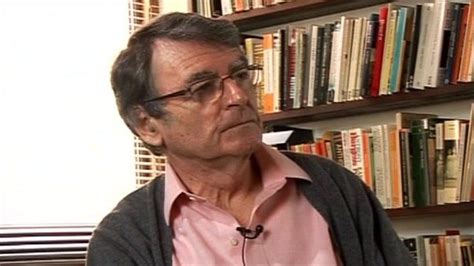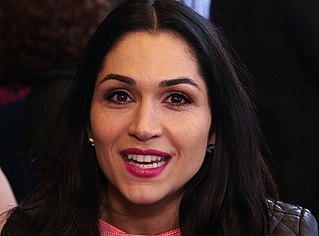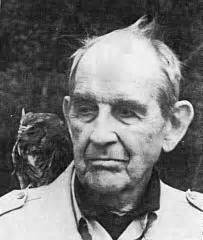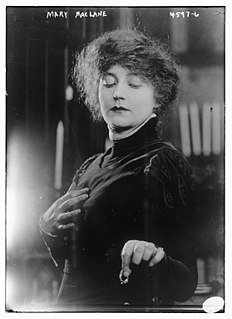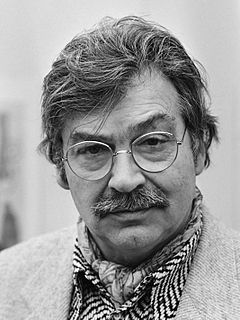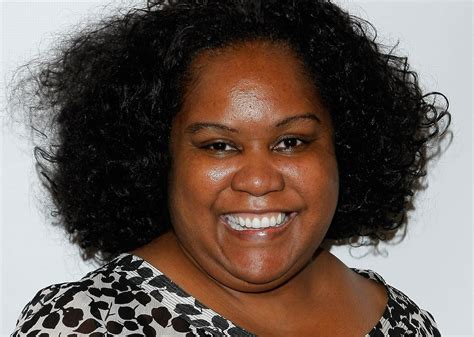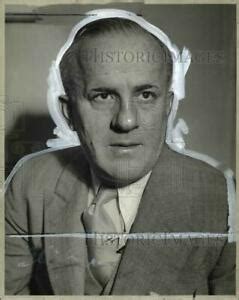A Quote by David Lodge
Walt Whitman, he who laid end to end words never seen in each other's company before outside of a dictionary.
Related Quotes
Actually if a writer needs a dictionary he should not write. He should have read the dictionary at least three times from beginning to end and then have loaned it to someone who needs it. There are only certain words which are valid and similes (bring me my dictionary) are like defective ammunition (the lowest thing I can think of at this time).
When I was young I once found a book in a Dutch translation, 'The leaves of Grass'. It was the first time a book touched me by its feeling of freedom and open spaces, the way the poet spoke of the ocean by describing a drop of water in his hand. Walt Whitman was offering the world an open hand (now we call it democracy) and my 'Monument for Walt Whitman' became this open hand with mirrors, so you can see inside yourself.
I've been trying to fit everything in, trying to get to the end before it's too late, but I see now how badly I've deceived myself. Words do not allow such things. The closer you come to the end, the more there is to say. The end is only imaginary, a destination you invent to keep yourself going, but a point comes when you realize you will never get there. You might have to stop, but that is only because you have run out of time. You stop, but that does not mean you have come to an end.
